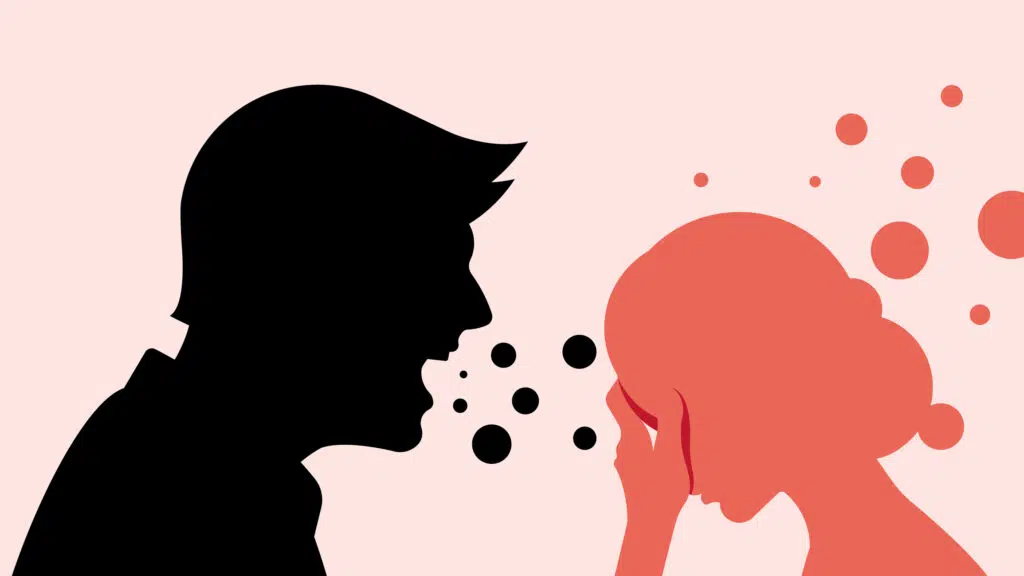I Keep Having Panic Attacks

When unexplained feelings of anxiety and fear creep up out of nowhere, they can leave you feeling breathless and overwhelmed. These episodes may be related to a panic disorder, a mental health condition that affects about six million adults in the United States.
At Thriving Center of Psychology, the experienced mental health specialists understand how devastating panic attacks can be, and they offer comprehensive treatments to help keep panic disorders under control.
An overview of panic attacks
Panic attacks involve sudden and spontaneous feelings of fear that affect you physically and emotionally. You can have a panic attack at any time, even when you’re otherwise feeling calm. Many people experience panic attacks with little warning, and attacks can even wake people out of a sound sleep.
The intense discomfort and fear is often accompanied by:
- Trembling
- Nausea
- Sweating
- Dizziness
- Heart palpitations
- Shortness of breath
Many people experience chest pains during a panic attack that make them think they’re having a heart attack.
Throughout the attack, you may feel like the world is ending or that you’re going to die. These intense feelings typically peak within 10 minutes, but their effects can last for hours or days afterward.
Why treatment for panic attacks is important
Panic attacks can be so frightening that you may develop chronic anxiety just thinking about having another attack. Unfortunately, some people don’t seek treatment for panic attacks, because they’re embarrassed about what’s happening to them. They can become anxious about appearing crazy or out of control.
However, with the right treatment plan, you can learn to cope with your condition. The team at Thriving Center of Psychology can provide you with the tools you need to help manage and prevent panic attacks. They can also address common side effects of panic disorders, such as chronic anxiety and depression.
Understanding your treatment options for panic attacks
While even the memory of a panic attack can be terrifying, you can learn to live a fuller, happier life. You may, though talk therapy sessions, benefit from working through your feelings and the impact panic attacks have on your life. Talk therapy sessions are available for individuals, couples, and groups to help both you and your loved ones better understand panic disorders.
Learning how to reduce your daily stress can also have a positive impact on your general health and reduce the likelihood that you’ll have additional panic attacks. The team can work with you on meditation techniques and can also provide life coaching services to help eliminate unnecessary stressors and triggers for panic attacks.
Other panic disorder treatment strategies available at Thriving Center of Psychology include:
- Neurofeedback
- Lifestyle changes
- Exercise and diet improvements
- Video teletherapy
- Cognitive behavioral therapy (CBT)
You don’t have to live in fear of another panic attack. To discuss your options for treating a panic disorder, book an appointment online or over the phone with Thriving Center of Psychology today.

Understanding Impostor Syndrome: Breaking Free from Self-Doubt
Imposter syndrome can make you feel like a fraud with no confidence in your abilities. You’re not alone; so many people feel like this. The good news is that you can break free from imposter syndrome and overcome self-doubt; here’s how.

Supporting a Loved One with Mental Illness: Practical Tips and Resources
There isn’t one perfect way to support a loved one with mental illness. How you care for someone will depend on you and the person you support. Mental illness can affect all aspects of a person, from mood to behavior. It can come as a shock when a loved one is diagnosed with a mental illness.

Is My Relationship One-Sided?
Do you feel like you’re doing all the work in a relationship? When a relationship is one-sided, it can create stress and conflict. If one partner invests more energy and effort to make the relationship work, it creates an imbalanced dynamic that can be draining in the long haul.

How To Recover From Burnout?
Manageable and short-term stress can increase alertness and give you the focus to hit a tight deadline. But left unchecked, chronic stress can result in burnout, leading to complete physical, mental, and emotional exhaustion.

